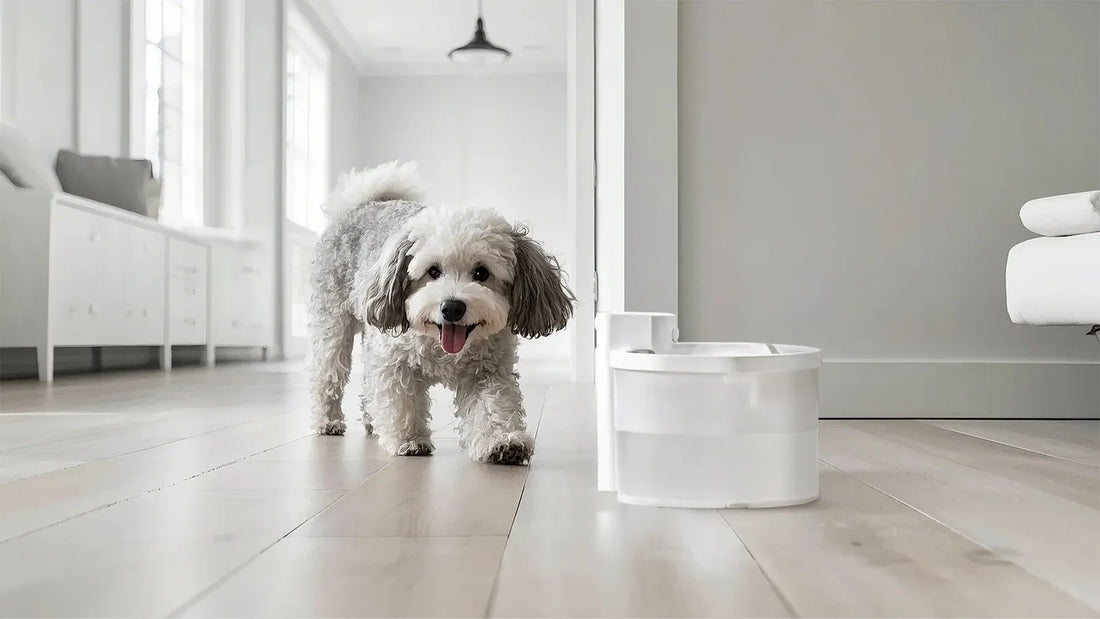If you've ever noticed your cat meowing after using the litter box, you're not alone. This behavior can be puzzling for many cat owners, but it often holds important clues about your feline friend's health and well-being. Understanding why your cat exhibits this behavior is the first step toward ensuring their happiness and comfort.
Understanding Cat Communication
Cats are known for their unique ways of communicating with humans and other animals. Meowing is one of the primary ways they express themselves, and it can signify a variety of emotions or needs. When your cat meows after using the litter box, it could be trying to convey something specific. Paying attention to the context and frequency of these meows can help you decode their message.
Possible Reasons for Meowing After Using the Litter Box
There are several reasons why your cat might meow after using the litter box. Some of the most common causes include:
- Discomfort or Pain: If your cat is experiencing discomfort or pain while using the litter box, it may meow to alert you. This could be due to a urinary tract infection, constipation, or other health issues.
- Attention-Seeking Behavior: Some cats meow after using the litter box simply because they want attention. If your cat has learned that meowing gets a response from you, it may continue this behavior.
- Stress or Anxiety: Changes in the environment, such as a new litter box or a move to a new home, can cause stress or anxiety in cats. Meowing after using the litter box could be a sign that your cat is feeling uneasy.
- Litter Box Preferences: Cats can be particular about their litter box preferences. If your cat is unhappy with the type of litter, the cleanliness of the box, or its location, it may meow to express its dissatisfaction.
Health Issues to Consider
If your cat's meowing after using the litter box is accompanied by other symptoms, such as changes in appetite, lethargy, or unusual behavior, it's important to consider the possibility of an underlying health issue. Some common health problems that can cause this behavior include:
- Urinary Tract Infections (UTIs): UTIs can cause pain and discomfort during urination, leading your cat to meow after using the litter box.
- Bladder Stones: Bladder stones can cause similar symptoms to UTIs and may require veterinary intervention.
- Constipation or Diarrhea: Digestive issues can also lead to discomfort during elimination, prompting your cat to meow.
How to Address the Behavior
If your cat is meowing after using the litter box, there are several steps you can take to address the behavior:
- Monitor Your Cat's Health: Keep an eye on your cat's overall health and behavior. If you notice any concerning symptoms, consult your veterinarian.
- Evaluate the Litter Box: Ensure that the litter box is clean, accessible, and meets your cat's preferences. Experiment with different types of litter and box locations to see if it makes a difference.
- Reduce Stress: If you suspect that stress or anxiety is causing the behavior, try to identify and address the source of the stress. Providing a calm and stable environment can help.
- Provide Attention: If your cat is meowing for attention, make sure to spend quality time with them each day. Interactive play and affection can help reduce attention-seeking behavior.
When to Seek Veterinary Help
While occasional meowing after using the litter box may not be a cause for concern, persistent or severe meowing should prompt a visit to the veterinarian. A thorough examination can help rule out any underlying health issues and ensure that your cat receives the appropriate care. Early intervention is key to addressing potential problems before they become more serious.
Understanding why your cat meows after using the litter box can help you provide the best care for your feline companion. By paying attention to their behavior and addressing any potential issues, you can ensure that your cat remains healthy and happy. So, the next time you hear that familiar meow, you'll know exactly what to do.













